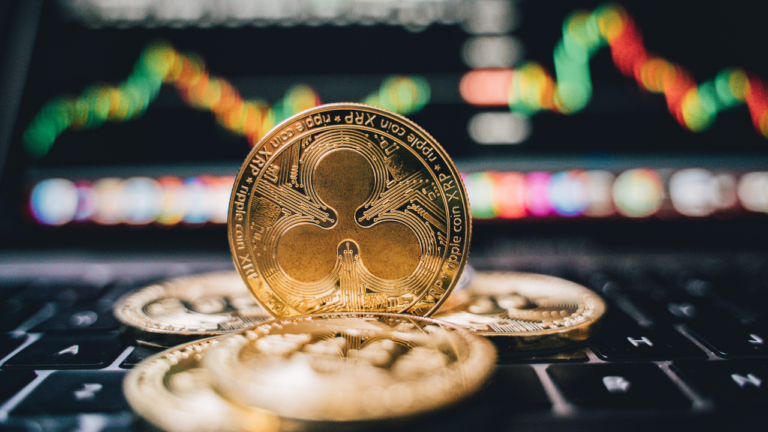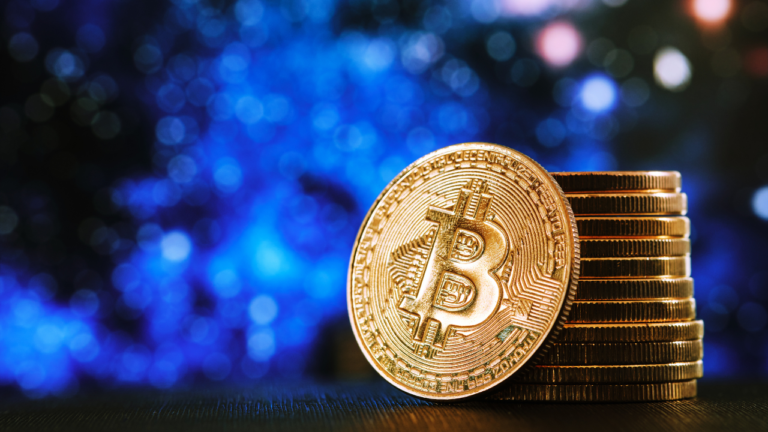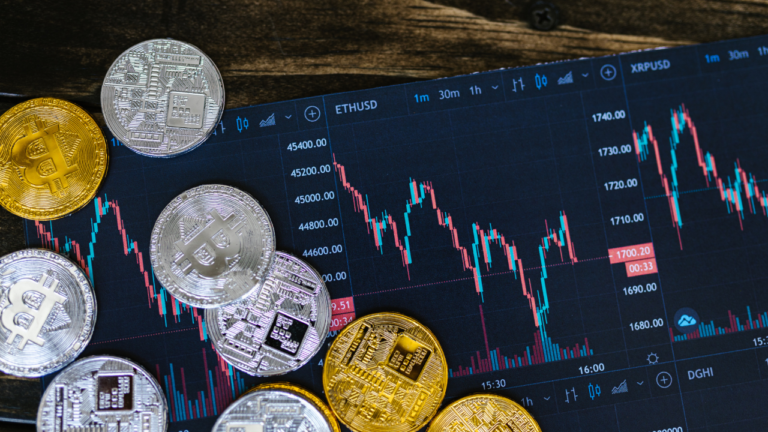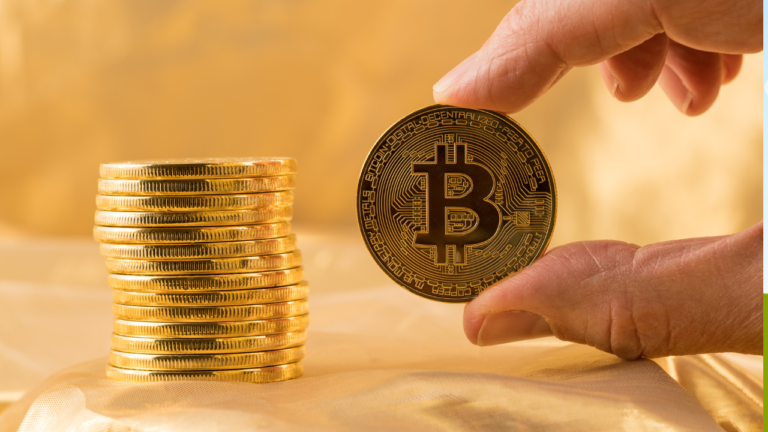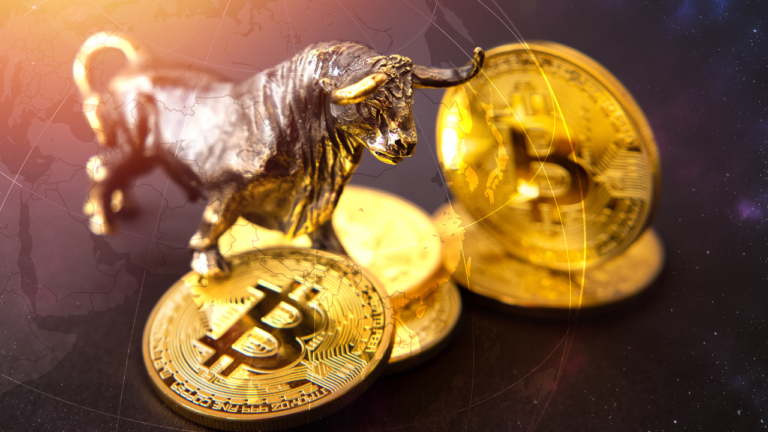Insiders Look: How I Decode Crypto Regulatory Changes
Understanding Regulatory Updates
As I wade through the tangled mess of cryptocurrency, keeping up with crypto regulatory changes is crucial. These updates not only shake up the financial scene but also guide how policies around digital money evolve, with homegrown and global factors throwing in their two cents.
Impact on Financial Markets
The folks over at MDPI took a good look at what cryptocurrency does to financial markets and regular old banks. Their study puts a spotlight on how rules around digital coins can stir things up, showing just how we need to hop aboard sustainable blockchain methods and teamwork across fields. Getting a grip on how these new regulations affect finance helps us see how cryptocurrency might wiggle its way into our everyday lives.
Evolution of Policies
The saga of cryptocurrencies in the US, marked out by the Council on Foreign Relations, reflects both hurdles and chances in the world of digital money. Lawmakers have been scratching their heads over letting bitcoin into exchange-traded funds (ETFs), while everyone knows the “Wild West” of crypto needs clearer rules. This always-changing regulatory rollercoaster means policies won’t sit still—they’ll keep bending and twisting with the times.
As the world of digital cash keeps evolving, keeping tabs on regulatory news is key to understanding this tricky sector. The blend of market changes, policy swings, and working together internationally highlights just how layered crypto regulation is, stressing the need to be observant and flexible when dealing with shifts in the rules.
Cryptocurrency Regulation in the US
So you’re interested in the world of cryptocurrency and its regulatory twist and turns, right? Well, the rules on these digital coins in the US have changed quite a bit lately. Let’s check out what’s been happening, specifically with state-level rules and the actions taken by the Securities and Exchange Commission (SEC).
State-Level Updates
A bunch of states in the US are shaking things up with new rules about cryptocurrencies. For example, Arizona’s working on laws like SB 1341, which basically says Bitcoin can be used like real money, and SB 1127, which lets state agencies get paid in crypto. You see, in Florida, the governor signed HB 273 which changed up the old crypto rules. This impacts big exchanges and how folks do individual transactions too (50-State Review of Cryptocurrency and Blockchain Regulation).
SEC’s Enforcement Actions
Now, let’s talk about the SEC—they’ve been pretty busy regulating the crypto scene. Through its special unit meant for crypto and cyber stuff, they’ve been cracking down on unregistered and fishy crypto dealings. Moreover, they’re watching out for issues in cybersecurity controls (SEC.gov).
Just the other day, the US rolled out a new setup that gives more power to market regulators, like the SEC and Commodity Futures Trading Commission (CFTC), to keep an eye on the crypto crowd. The SEC’s already been after big names in the crypto world like Ripple, Coinbase, and Binance with lawsuits and different complaints (Investopedia).
What can we take from all this? Well, staying up to date on state changes and what the SEC’s doing can help anyone in the crypto game keep up. The rules are always changing, and being on the ball with compliance can make all the difference.
Global Regulatory Landscape
So, you’re chatting about crypto regulations and want to keep up with the rules from all over the place. Let’s stroll through how two big shots in the crypto arena handle these rules: the UK’s take on crypto law and how Japan rolls with crypto.
UK’s Cryptocurrency Regulation
The UK has got its act together when it comes to crypto rules. Back in May 2023, Europe rolled out this fancy thing called Markets in Crypto-Assets Regulation (MiCA) — it’s like a big deal for cryptocurrency rule-making globally. Basically, if you wanna play in the crypto world with issuing or trading, you gotta get a license. Oh, and by the time 2026 shows up, those doing big-money transactions (over 1,000 euros) gotta jot down the names of who’s giving and who’s getting.
The UK’s style is about keeping things clear, watching out for investors, and dodging the hairy risks tied to crypto dealings. They’ve set up some straightforward rules and got tougher on folks to follow them, all in the name of carving out a safe and sound space for crypto business.
Dying for more juice on crypto rules across the globe? We’ve got you covered in our read on latest crypto regulations.
Japan’s Approach to Crypto
Japan? They’ve embraced cryptos, seeing them as legit property and a way to swap money. The country’s Financial Services Agency is the gatekeeper here, ticking off whether crypto and yen moves are playing by the book with tight rules.
Because things in the crypto landscape keep shifting, Japan’s beefed-up how crypto exchanges share user info. It’s all about stamping out money laundering and giving a security boost to the crypto vibe (World Economic Forum).
With fancy tweaks in their rulebook and new-age tricks for fresh hiccups, Japan’s on a solid streak as a big deal in the worldwide crypto game. Getting why Japan does what they do lets you cruise cool through the digital money maze.
For more on what’s shaking with rules in different corners and snazzy cryptocurrency compliance news, keep your eyes peeled for our regular updates in the ever-twisting tale of crypto regulations.
Recent Developments in Crypto Regulations
In the whirlwind of crypto rules, Europe and Brazil have stirred quite a buzz lately. Their fresh tactics are really shaking things up in the global crypto scene. So, let’s get into Europe’s new game plan and Brazil’s budding legal setup.
New Approaches in Europe
Europe’s a bit of a trailblazer when it comes to cryptocurrency laws. The European bigwigs rolled out the Markets in Crypt-Assets Regulation, or MiCA, in the merry month of May 2023. This MiCA thing is big, like the first of its kind to cover all the ins and outs of cryptocurrencies and digital assets. It’s all about setting some ground rules for this Wild West, looking out for us regular folks and sparking new ideas in the crypto world (World Economic Forum).
MiCA has a keen eye on those stablecoins and crypto-assets, trying to keep the market swings in check and the financial ship steady. By ironing out some standard rules across EU states, MiCA hopes to bring some clarity and boost trust for investors playing the crypto game.
Want to keep tabs on Europe’s ever-changing crypto rulebook and other regional tweaks? Check out our latest on crypto regulations.
Brazil’s Legal Framework
Meanwhile, down in Brazil, they’re making waves by playing it smart with crypto coins. On the 20th day of June 2023, they dished out Law No. 14,478, shooting for legitimacy by letting cryptocurrencies be a real deal for payments. Brazil’s Central Bank is now the sheriff in town, laying down the law for crypto exchanges so they don’t go haywire (Investopedia).
This legal groundwork has really opened doors for crypto businesses and given investors some peace of mind over there. By stamping cryptocurrencies as real-deal financial tools, Brazil’s positioned itself to tap into the blockchain magic and digital bucks.
Want to get the lowdown on crypto regs around the globe, like Brazil’s tactics and more? Dig into our breakdown on crypto regulations by country.
With crypto rules always on the move, staying in the loop on these shifts is key to dealing with the ups and downs of the market. Keep an eye out for more buzz and new regs in the thrilling crypto realm.
Presidential Influence on Crypto
I’ve always been fascinated by cryptocurrency and how different presidential administrations seem to influence its regulation. Here, let’s take a look at what the Trump and Biden Administrations have done about crypto.
Trump Administration’s Stance
When Trump was running the show, he seemed to have a bit of a liking for cryptocurrencies. Appointing someone like Paul Atkins, a well-known crypto supporter, to potentially head the Securities and Exchange Commission felt like a big green light for crypto fans out there. The buzz was that if Trump got re-elected, it would’ve meant a friendlier set of rules for digital money, leading to some smiles and a happy increase in Bitcoin’s value at the time.
Looking at his plans for the future, Trump’s on the 2024 campaign trail with a bunch of ideas to embrace crypto. He’s all about securing the right to mine Bitcoin and making sure everyone feels in control of their digital wallets. Plus, having the U.S. lead the charge globally? That’s the dream. Part of his game plan involves setting up a government-backed crypto platform and even a Strategic Bitcoin Reserve Act for handling seized digital coins.
Biden Administration’s Response
Now, Biden’s team, they’re playing it more cautiously. They’re more like, “Let’s slow down a bit and figure out how to make this work best for everyone.” With crypto regulations, Biden seems concerned about keeping everyone safe—both investors and regular folks. They’re not anti-innovation, but they want to make sure the train stays on the tracks.
Catching the vibe from different leaders helps to keep an eye on where things are heading when it comes to crypto laws. Presidential opinions can really turn the tide, making it essential to stay tuned to what’s changing. For the freshest news on crypto rules and compliance, check out my cryptocurrency compliance news page.
The Road Ahead for Crypto Regulations
I’m trying to wrap my head around the latest twists and turns in crypto regulations. It’s like a soap opera, but with fewer love triangles and more legislative drama. Buckle up, ’cause two big players in this field are shaking things up: the FIT21 Act and some hardcore moves by the CFTC.
FIT21 Act Overview
Picture it: May 22, 2024. The U.S. House of Representatives got busy and passed the Financial Innovation and Technology for the 21st Century Act, or what cool kids call FIT21. This isn’t just some papers and ink; it’s a game-changer for how the cryptocurrency world operates (Thomson Reuters). The folks who pushed this forward want clear lines drawn in the sand about who’s in charge of what when it comes to the wild world of crypto.
FIT21’s got its hands full expanding the Bank Secrecy Act (BSA) to cover cryptocurrencies like never before – kind of like an umbrella that finally includes those left out in the rain (Thomson Reuters). It carves up digital assets into digital commodities, some “hands-off” digital assets, and what they’re calling payment stablecoins. And just to keep everyone’s jurisdiction in check, the act hands over digital commodities to the U.S. Commodities Futures Trading Commission (CFTC), while the U.S. Securities and Exchange Commission (SEC) babysits the forbidden fruit, a.k.a. restricted digital assets.
This act is like getting glasses for the first time: suddenly, everything’s in focus. It helps nail down whether a cryptocurrency is more like a stock or just a fancy token, making life a bit easier for regulators trying to play referee, boosting consumer safeguards, and clearing up those pesky rules so folks in the crypto business know what the heck they’re supposed to be doing (Thomson Reuters).
CFTC’s Enforcement Initiatives
Now, let’s chat about the CFTC – those guys are not playing around. They’ve been crackin’ down on anybody trying to slip through the cracks with some smart moves from Regulation 1.6. And if you thought they’d turn a blind eye to the big fish, think again. They’ve roped in cases like Binance, dealing ‘em a hefty bill of $2.85 billion – that’s billion with a B – with a total haul of $4.3 billion across various U.S. outfits (CFTC).
This crew is laying down the law with a solid rulebook and some real grit to keep the crypto market legit and protect investors. They’re all about stamping out dodgy deals and keeping the financial seas relatively calm.
As I try to get my bearings in this ever-shifting regulatory maze, I’m keeping an eye on the FIT21 Act and the CFTC’s muscle-flexing. Not just because it’s fascinating, but because understanding these moves offers crucial clues about where we’re headed in the crypto wild west.


